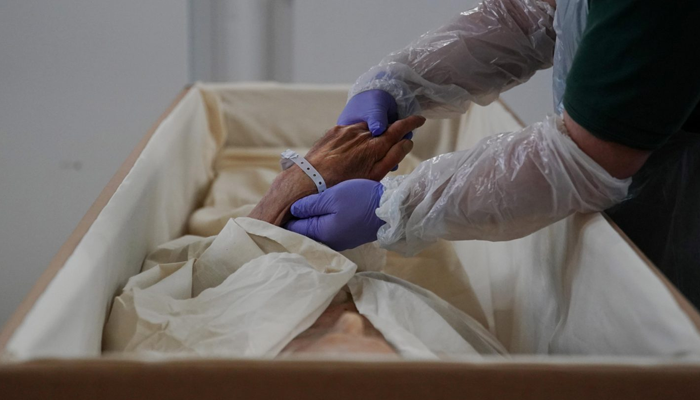Prakruthi Ambulance is a reliable ambulance service provider in Bangalore. They offer various ambulance services including Basic Life Support (BLS) ambulance, Advanced Life Support (ALS) ambulance, neonatal ambulance, and mortuary ambulance.

Embalming
What is Embalming:
- It is a process performed on a deceased body to temporarily preserve it and delay decomposition. It involves the injection of embalming fluid, which typically consists of a mixture of chemicals such as formaldehyde, into the body's circulatory system. The embalming fluid helps disinfect and preserve the body, slowing down the natural decomposition process.
What is the purpose of embalming:
- Depending on cultural, religious, or legal requirements. It is commonly done to allow for public viewing of the deceased during funeral services, to facilitate transportation of the body over long distances, or to provide sufficient time for family and friends to make arrangements for the final disposition of the body.
How and who will do Embalming:
- It is typically performed by licensed professionals, such as Prakruthi ambulance and funeral services, who have undergone specific training in the embalming process. The procedure is carried out with respect and care for the deceased and in compliance with local regulations and best practices in the funeral industry.
It's important to note that embalming is not a mandatory or universal practice. Different cultures and religions have varying customs and beliefs regarding the treatment and preparation of deceased bodies. Therefore, the decision to embalm is often based on personal, religious, or legal considerations.
